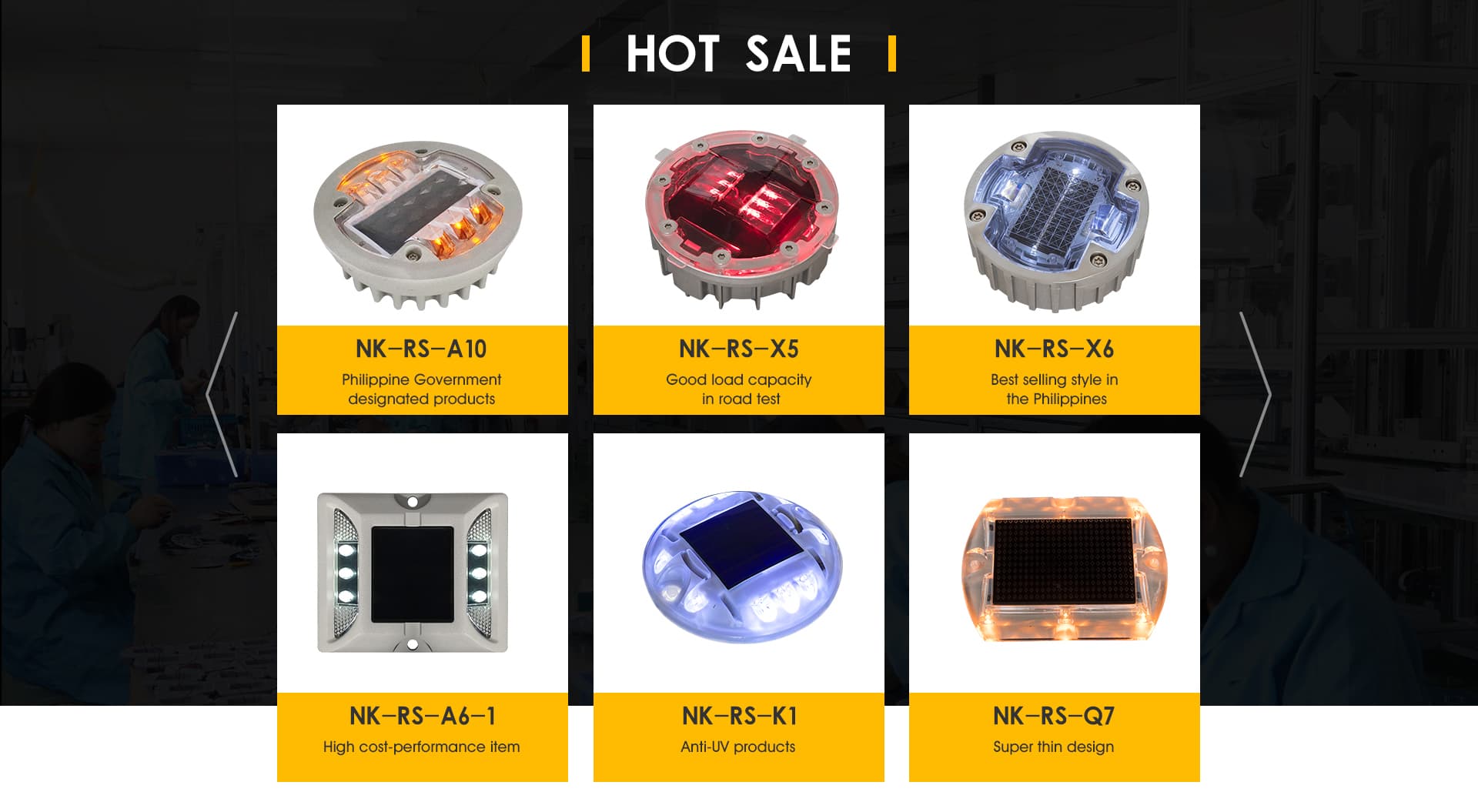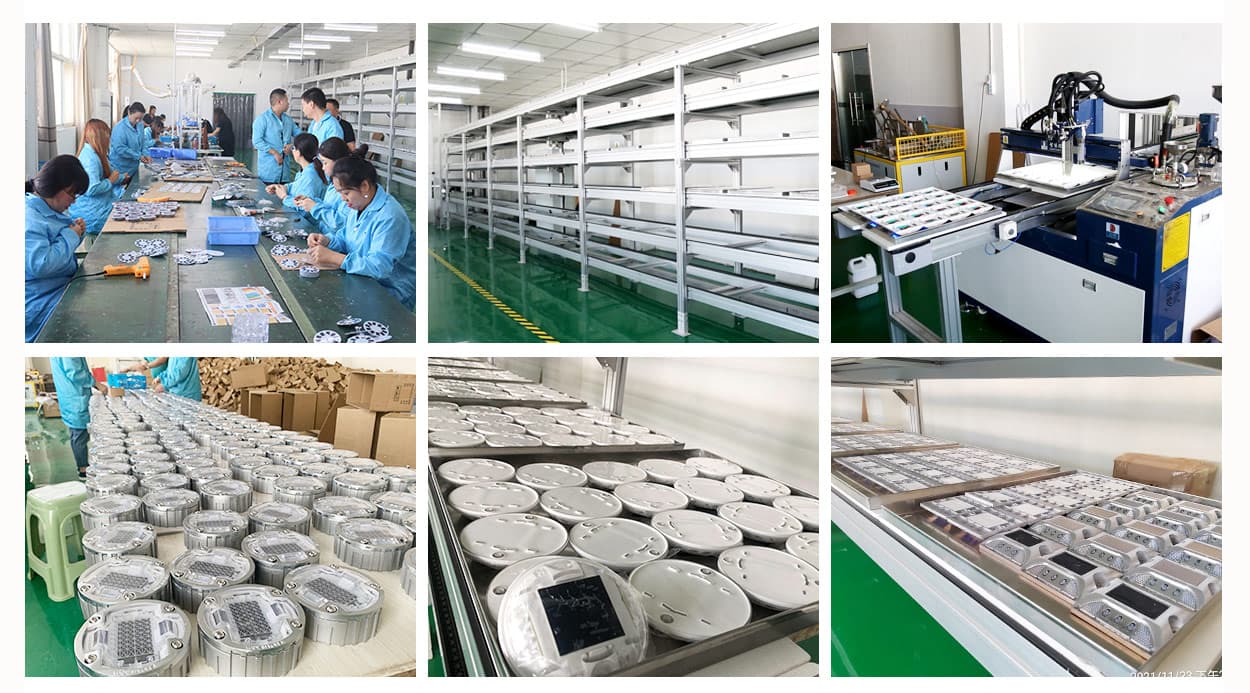


.jpg)
Raised reflective markers, such as plastic, ceramic, metal ones, include a lens or sheeting that enhances their visibility by retroreflecting automotive headlights, while glass road studs gather automotive headlights with a dome shape and reflect the lights with a reflective layer within.
.jpg)
Red studs mark any line which should not be crossed by a vehicle. In practice, this is usually the left edge of the carriageway, as cars in the UK drive on the left-hand side of the road. Amber studs. Amber studs mark out an area which should not be crossed on the right-hand side of the road.
.jpg)
The colours of the reflective studs on the motorway and their locations are • red – between the hard shoulder and the carriageway • white – between lanes • amber – between the carriageway and the central reservation • green – along slip-road exits and entrances • bright green/yellow – at roadworks and contraflow systems.
.jpg)
Qbc Craft Motorcycle Black Reflective Tape Kit 12 Sheets 3.5" x 12" of NOKIN Scotchlite (Reflects White) Enhanced Road Safety Adhesive Vinyl for Side Bag Bicycles Helmets DIY Decals Tets by Qbc Craft $19.99 $ 19 . 99 $24.95
.jpg)
The studs on the left of the inside lane are reflective green for exiting the motorway at the proper exits on the left-hand side.
.jpg)
Joining a motorway is usually done via the use of the motorway slip road, or an acceleration lane and can make many of us nervous, especially if you have never done this before. It could be that you have never lived near a motorway, have never had the need to travel on one, or have simply just passed your driving test.
.jpg)
Temporary studs. Temporary studs are used as part of temporary traffic management to mark temporary road layouts. These studs have a fluorescent yellow/green body so they can be seen in daylight as well as a uni-directional amber reflector for use at night. See also: Raised Pavement Markers - non-reflective markers used instead of markings.
.jpg)
On motorways, reflective studs of various colours are fixed in the road between the lanes. These help you to identify which lane you’re in when it’s dark or in poor visibility. Amber-coloured studs are found on the right-hand edge of the main carriageway, next to the central reservation.
.jpg)
You can report a problem with road markings quickly and easily online using our Highways Reporting Tool. If there is a problem with road markings or studs on a trunk road please contact Highways England on 0300 123 5000. Reflective road studs. Reflective road studs are used to mark the lanes and edges of the carriageway.
.jpg)
Driving on a motorway for some, can be a traumatic experience, especially if it is your first time. The motorway tutorials allow an easy to understand approach to joining and driving on motorways. Section includes: Motorway slip road, Motorway overtaking, Motorway rules, Motorway road signs, Motorway signals and Motorway reflective studs.
.jpg)
Amber. You will find amber coloured reflective studs on the right-hand side of the motorway, next to the central reservation. The intention of the amber studs is to keep you in the right-hand lane and away from the central reservation when the conditions are making it difficult for you to see this. White
.jpg)
Apr 17, 2013 · On a motorway the amber reflective studs can be found between which two lanes? Jump to. You can become a smarter and safer driver with the Academy!
.jpg)
10. Where can you find reflective amber studs on a motorway? Select . 1. answer(s) A) Separating the slip road from the motorway B) On the left-hand edge of the road C) On the right-hand edge of the road D) Separating the lanes Correct answer: 11. Where on a motorway would you find green reflective studs? Select . 1
.jpg)
They can also be seen on the left of certain A or busy B roads. Amber. motorway studs are placed to the far right, running alongside the central reservation. Green. motorway studs indicate where a junction either joins or leaves a motorway, often called a motorway slip road. White
.jpg)
Dec 08, 2006 · If anyone ever read the highway code on motorway rules, they would know that the slip road is there for them to adjust their speed to join the flow of traffic on the motorway. As an HGV driver I drive down to Dublin every day from Belfast and if you think that motorway drivers are bad in England try driving down south (Eire).